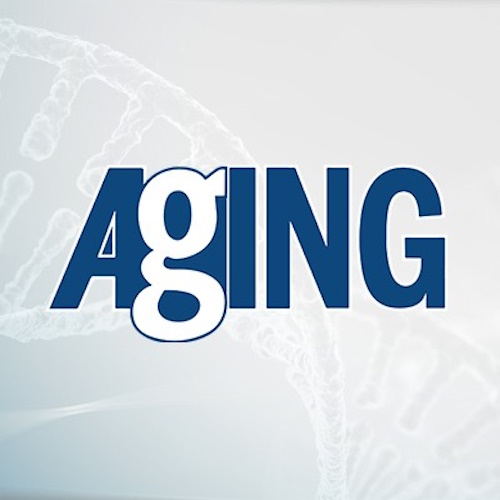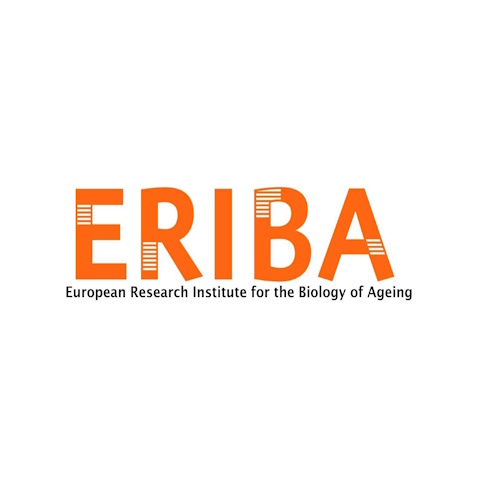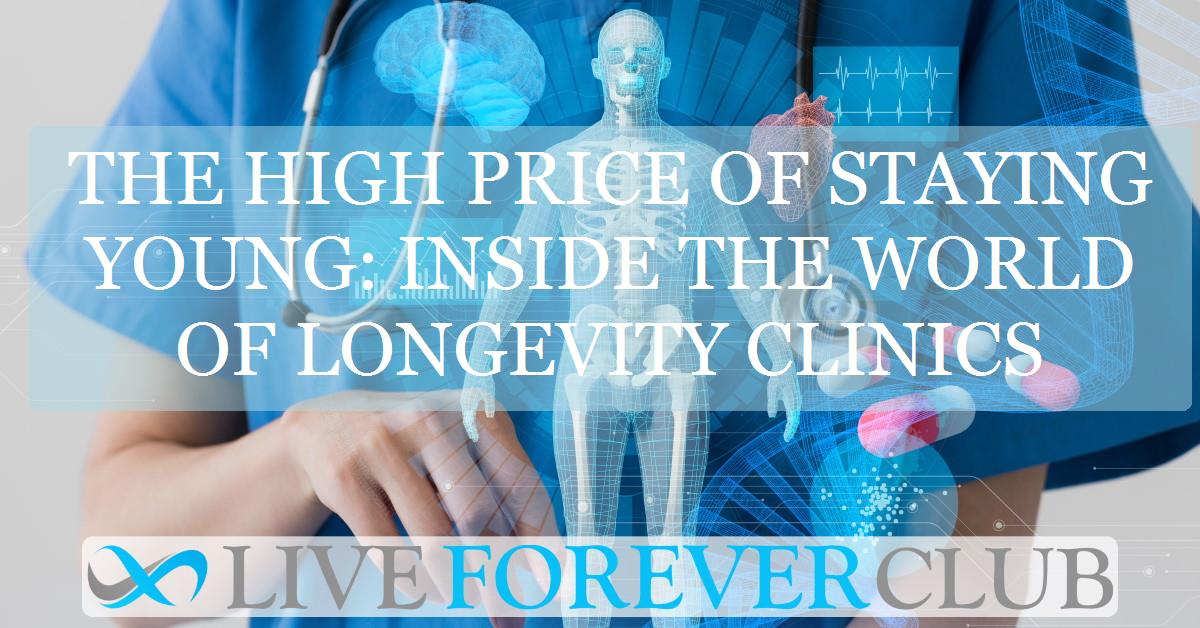Key points from article :
Published in Aging, the article by Marco Demaria from the European Research Institute for the Biology of Ageing examines the rise of longevity clinics — private centres offering personalized programs to monitor and slow biological aging. These clinics, now proliferating across the globe, promise clients everything from genomic sequencing and full-body scans to microbiome analyses and hormone or stem-cell therapies. Advocates view them as pioneers of proactive, preventive, and personalized healthcare, while critics warn that many operate in a grey zone between science and pseudoscience.
Demaria notes that longevity clinics have the potential to accelerate aging research by collecting long-term, multi-dimensional datasets that traditional medical studies cannot easily capture. Such deep phenotyping, when combined with artificial intelligence, could uncover early biomarkers of decline and reveal how different people respond to interventions. Moreover, these clinics encourage active patient engagement, shifting health culture toward continuous self-monitoring and lifestyle optimization — key elements in maintaining healthspan.
Yet, significant challenges remain. Most clinics are prohibitively expensive, serving only wealthy clients, and some use unproven or risky treatments marketed with exaggerated claims. The lack of standardized methods, limited collaboration with academic geroscience, and weak regulatory oversight further undermine scientific credibility. This disconnect risks both public trust and the reputation of legitimate longevity research.
Demaria argues that the way forward lies in tighter integration between clinics and academia, harmonization of data collection, and clear regulatory boundaries between wellness and medical practice. If longevity clinics adopt transparency and collaboration, they could evolve from exclusive wellness enterprises into credible partners in translating geroscience discoveries into tangible health benefits for wider populations.







